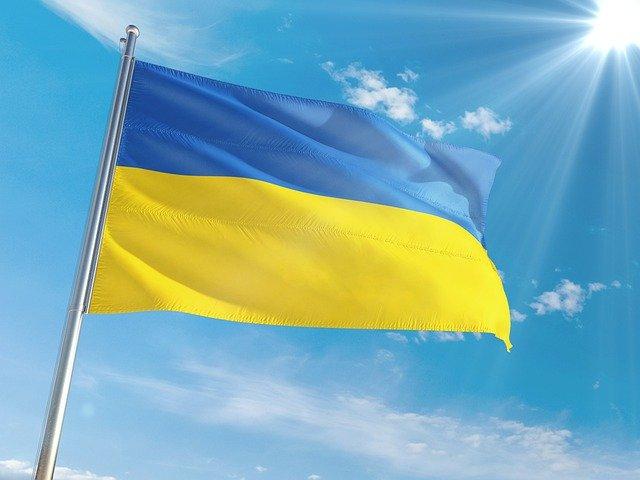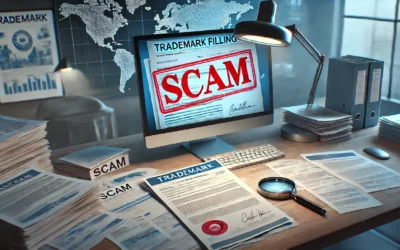On the 24th of February Russia launched illegal aggression against Ukraine in violation of the UN Charter and international law. Almost immediately many small and large brands announced that they are withdrawing from Russia. We also notified the Finnish Patent and Trademark Office immediately that we cease our representation of Russian state-owned energy company Gazprom Neft.
In comparison to the humanitarian tragedy taking place in Ukraine, intellectual property issues are insignificant. Nonetheless, the war does have inevitable consequences for European (including Ukrainian) and Russian companies in the field of intellectual property.
Here are some of them.
1. Finding representatives and conducting business will be harder
In most countries, EU included, it is mandatory that foreign (non-EU based) applicants appoint a local representative. As we have seen, many European companies and consumers are boycotting Russian companies. Our decision to stop representing Gazprom was based on the fact that Gazprom is a state-owned company that operates in an industry that is crucial to the war effort. It was simply impossible for us to continue representing them. Other Russian companies may have less impact on the war effort but also they may have similar difficulties in finding representatives. The current sentiment in Europe is very much pro-Ukraine, and Russian companies might have difficulties in finding partners and customers in the EU, including legal representatives that are often mandatory.
Many EU companies file trademarks in Russia. It is expected that the number of applications will decrease. Those EU and other foreign companies that file trademarks in Russia are likely not going to face serious difficulties in finding local representatives. However, it may be that handling payments will be more difficult, especially with smaller IP firms, as many Russian banks have been ousted from the SWIFT payment system. Many larger firms have accounts in European banks, so getting out of SWIFT should not have too much of an impact in handling payments.
2. The Russian government threatens to lift IP protection of Western companies
Perhaps the most troublesome aspect is that the Russian Ministry of Economic Development has announced that they are examining the possibility of lifting restrictions on the use of intellectual property contained in goods that are no longer available in Russia due to sanctions or self-imposed brand boycotts. In plain English, this means that whoever so desires can start their own Starbucks or McDonald’s in Russia and cannot be liable to trademark infringement. Russian consumers may be soon enjoying some locally made Coca-Cola and Heineken.
The lifting of IP protection is not limited to trademarks, it also includes patents, design and copyright. The measure is intended to boost the Russian economy. If implemented it will lead to burgeoning market piracy and counterfeits. Also, this move will make it more difficult for Western companies to return to Russia. If they cannot be sure that their investments are protected, they are not likely to invest in commencing operations in Russia. The move, if implemented, is likely to be ultimately very detrimental for Russian consumers both in the short and long term. Western-made luxury and consumer goods have been in high demand in cities like St. Petersburg and Moscow.
3. Vulnerability of trademarks for non-use
In most countries, there is a rule that if a registered trademark is not used for five years, it can be cancelled for non-use. In Russia, the non-use period that makes the trademark vulnerable is only three years. If the non-use can be justified or has proper reasons, the mark cannot be cancelled. Government issued sanctions such as export and import restrictions are generally accepted as valid reasons for non-use. However, self-imposed boycotts are not. Therefore, those Western brands that are now voluntarily boycotting Russia will after three years of non-use be highly vulnerable for losing their trademark registrations and brand protection in Russia.
It is also likely that because of the war, Ukrainian companies cannot operate in the EU since the owners and workers are in the trenches defending their country. Most likely in these circumstances the trademarks owned by Ukrainian companies will not become vulnerable for non-use cancellation. According to EU trademark law, the non-use does not affect the trademark if there are “proper reasons” for it. War is clearly a proper reason for non-use.
4. EUIPO is giving Ukrainian companies extensions to deadlines
This is a practical thing that is designed to help Ukrainian companies. EUIPO gives a one-month extension to all deadlines of Ukrainian companies. It is understood that this may be reconsidered and extra extensions are given if needed. This is a small but important step. On the other hand, at the moment it seems that not much will change in a month. Even if the war ends, the people of Ukraine will be busy with matters that are much more important than monitoring pending EUIPO deadlines. A temporary suspension of deadlines should be announced.
****
Amazingly, the Ukrainian trademark office is still open for business. Since the start of the conflict, it has received more than 130 new trademark applications and five patent applications.



